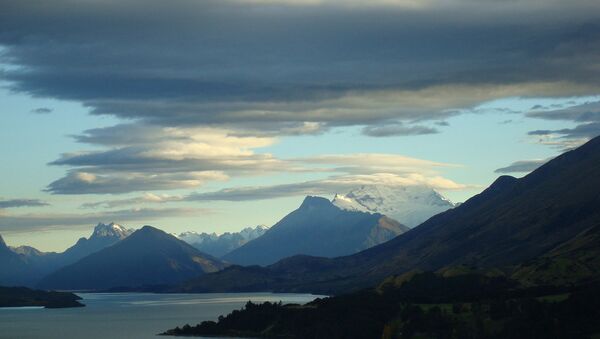MOSCOW, August 11 (RIA Novosti) - The first successful application for residency on humanitarian grounds namely climate change issues may pave the way for legal recognition of the so-called climate change refugees, an associate professor of environment and anthropology at the University of Toronto, Stephen Bede Scharper believes.
“Though environmental refugees, until the New Zealand ruling, do not enjoy formal status or legal protection, the political tide may be turning. One reason for this shift may be the sheer volume of environmental refuges,” Scharper wrote in his column in the Toronto Star.
According to the United Nations High Commission on Refugees, the number of environmental refugees has by now surpassed the number of political refugees across the globe.
Another surge in public interest in the “climate change refugees” began when the government of New Zealand has granted residency to a family from the small island nation of Tuvalu earlier in the month.
The Tuvalu family first applied to be accepted as refugees in November 2012, claiming that it will be affected by the climate change if forced to return to the home country. Their claim was dismissed on the grounds that they “did not meet the refuge convention.” The family has appealed that decision and won.
Despite of all the media attention the case has received, analysts do not believe that the example of the Tuvalu Family will lead to a rise in climate change refugee claims.
“It's still a very stringent test and it requires exceptional circumstances of a humanitarian nature,” said the local environmental law expert Vernon Rive when questioned by the media.
The United Nations Environment Program defines environmental refugees as “those people who have been forced to leave their traditional habitat, temporarily or permanently, because of a marked environmental disruption (natural and/or triggered by people) that jeopardized their existence and/ or seriously affected the quality of their life.”
The International Refugee Convention still does not recognize victims of climate change, willing to flee a country, as refugees.

